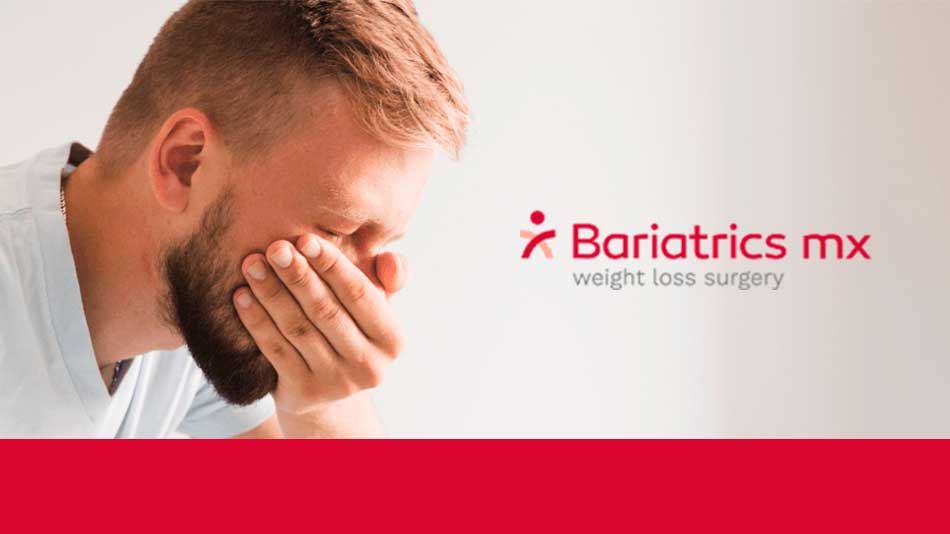Nausea after gastric sleeve
Nausea 3 weeks after gastric sleeve: You might experience nausea for a few weeks after your gastric sleeve surgery. Some people experience slight stomach cramps. These are common and are usually not harmful. The majority of people however experience nausea and vomiting for extended periods of time. If it causes you to be uncomfortable, it could be an indication that you have developed a side effect from the surgery.
Nausea can range from being mild to extremely severe. It could last for a few hours to a few days. It is important to report it to your doctor so that he can evaluate what happened. Usually a surgical procedure will stop the nausea for most patients.
After your gastric sleeve surgery, you should follow all of your doctor’s orders. Do not miss appointments or call off work. Eat normally and get plenty of rest. Try to stay active so that you can get better, faster.
Within a couple of weeks, your stomach should feel significantly better. You will probably still have some cramping. However, you should not feel any discomfort in the upper part of your body including your back or neck. The doctor will let you know when the procedure is completed and when you will get better.
After about a month, you will start to notice small differences. Your skin should feel smooth and not irritated or red. You will also notice that you are not hungry as often. You may have lost a little weight as well. However, you should not gain back any weight before your surgeon advises.
A week after you have had the procedure, you will experience occasional nausea. This is normal and does not mean that you have an allergic reaction to the surgery. If you experience this, your doctor will likely recommend that you rest and drink lots of fluids to get over the nausea. You may also want to take anti-nausea medications to help you deal with the vomiting.
Your surgeon will let you know when the procedure is complete and how soon you will get better. If you experience any discomfort after this point, you should discontinue eating, but you should try to avoid driving or other tasks that require you to be sitting down. You should see improvement within a few weeks and you should feel much better overall. If you experience severe nausea or you notice some blood in your stool or vomit, talk to your doctor right away.
You may also experience diarrhea or constipation. Again, this is normal after the procedure. It usually begins a couple of days after your gastric sleeve surgery and lasts for about 7 days. If you continue to experience diarrhea or constipation, you should see a doctor. In extreme cases, your doctor may need to perform another procedure to stop the diarrhea or the constipation.
The severity of nausea can affect your ability to eat and can cause you to binge. As you feel more comfortable, you will likely eat less. But, you should still follow all of your doctor’s recommendations regarding eating. Eating small meals or frequent snacks are often helpful. This will allow your stomach to heal before you experience severe nausea.
As you progress through the post-operative stage, you may experience occasional feelings of sickness. This is common among people who are just relieved from a major surgical operation. However, if you experience nausea on a regular basis, it could be a symptom of a more serious underlying condition. Seek medical advice at once if you experience nausea after the procedure. Follow all of your doctor’s advice to help speed recovery.
It can take up to 3 weeks after the gastric sleeve surgery to get used to food again. You will have to gradually introduce it into your system. If you experience severe nausea or vomiting, you may be instructed to take prescription medication to help regulate your stomach. Avoiding the use of aspirin and other over the counter medications are also recommended. Aspirin can interfere with some types of surgery. Before taking aspirin or any other medication, talk to your doctor.






